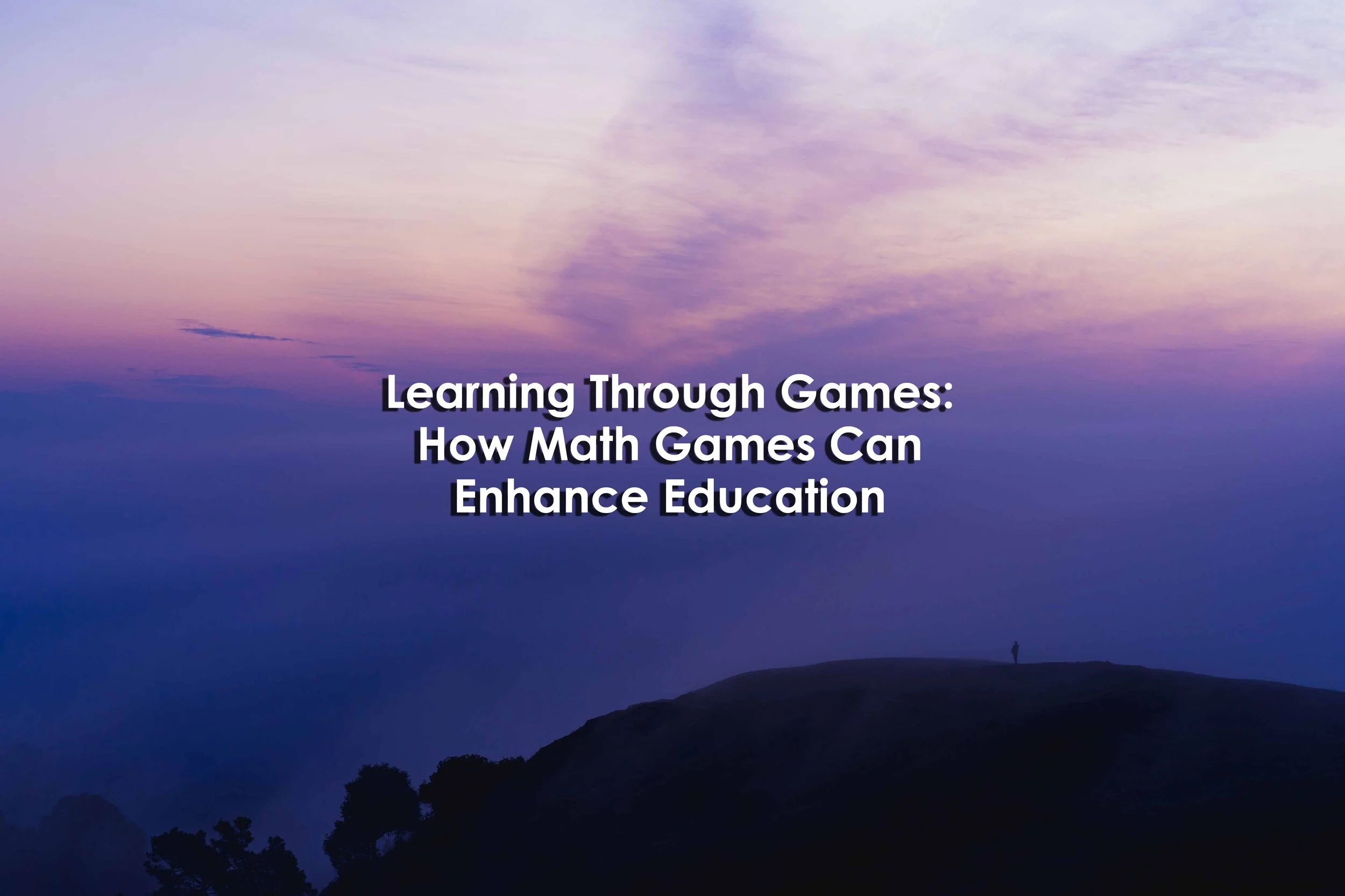Learning Through Games: How Math Games Can Enhance Education
Learning Through Games: How Math Games Can Enhance Education
Learning Through Games: How Math Games Can Enhance Education
Hannah Smith
Abstract
“This thesis presents two research studies aimed at increasing our knowledge about how games can be used in math education. A number of studies have explored the effects of games in classrooms. However, their effects vary across study contexts and it is not yet clear the best ways to implement them. While prior research shows that numerical linear board games are effective learning activities in preschool classrooms, the first study presented aims to replicate and add to previous research by exploring the effects of numerical linear board games when presented in different formats. Board games are typically studied in a table top version. We introduce a physically active, life-size, walkable version, which is based on an embodied cognition perspective. The second study presented in this thesis is an overview of a professional development workshop where teachers and students played technology-based games and then designed and created their own games. We explore the effects of playing teacher-created games on student learning as well as the implications which creating games can have on their development of computational thinking skills”.
Reference
Smith, H. (2020). Learning Through Games: How Math Games Can Enhance Education (Doctoral dissertation, WORCESTER POLYTECHNIC INSTITUTE). https://digital.wpi.edu/concern/etds/v692t9039?locale=en
Keywords
Math, education

